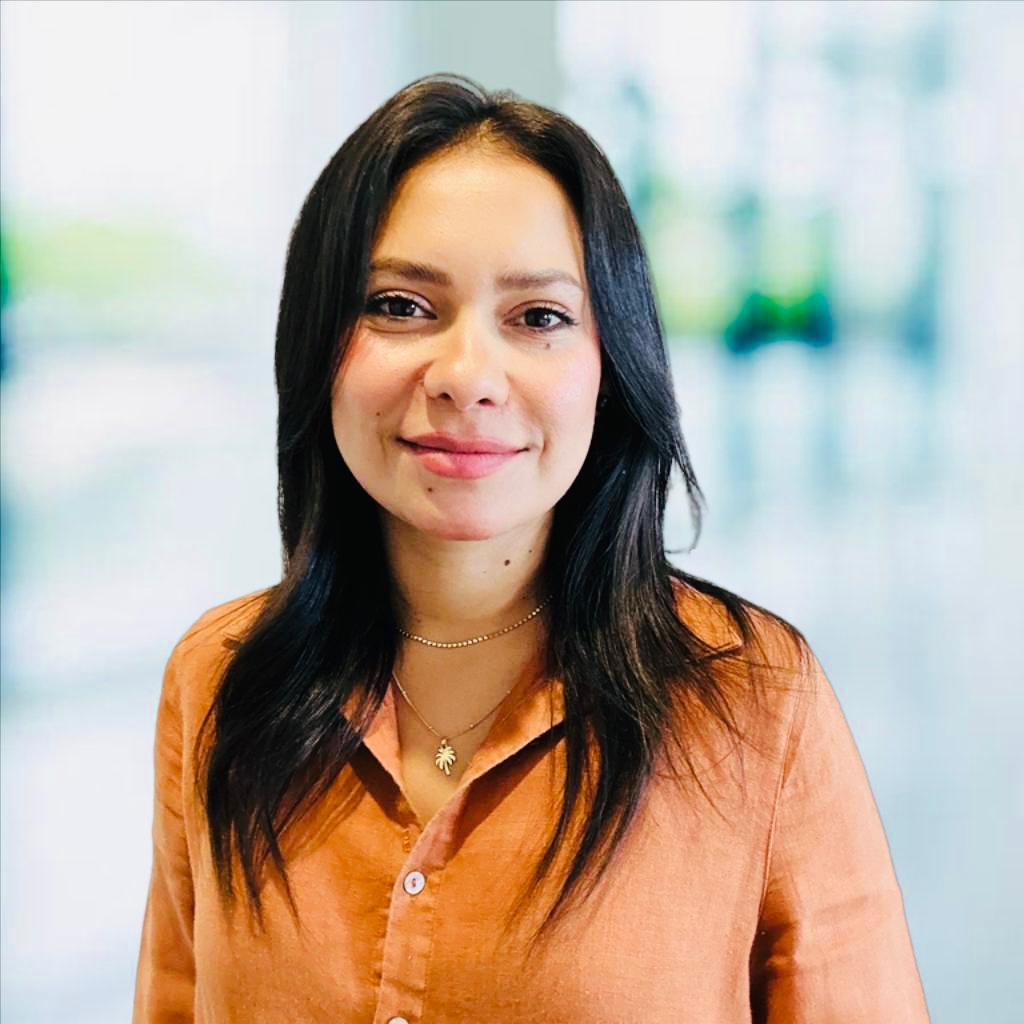The Role of Soft Skills in Sustainability Leadership
In sustainability and impact investing, leadership does not happen in isolation. It often requires navigating deeply interconnected systems. A decision made in one area, like renewable energy or biodiversity, can have ripple effects across finance, supply chains, communities, and policy.
In this context, technical knowledge sets the strategic direction. But soft skills determine how that direction becomes action. The ability to build trust across stakeholder groups, to adapt under pressure, and to communicate with clarity and empathy is what enables long term change.
These skills are especially critical in roles that demand collaboration across cultures, disciplines, and time horizons. Without them, even the strongest technical plans can stall or break down in execution.
Why These Skills Are Hard to Spot
Soft skills are not easy to list on a resume or quantify in a screening call. They tend to emerge through real experiences how a person handled disagreement, led through uncertainty, or built consensus across a team.
That is why we go deeper in our evaluation process. We listen for patterns in how candidates describe key decisions, setbacks, and turning points. We use conversations and lived examples to understand how someone actually leads.
We also tailor our assessments to reflect each client’s unique needs. That means identifying which soft skills will truly drive success in a particular team, culture, or investment thesis. The result is a more intentional process and leadership that is fit for purpose.
When companies look to hire senior leaders, they often start by focusing on things like past job titles, deals closed, or which firms a person has worked at. These factors are important, but at RecruiTerra, we have seen that they rarely tell the full story.
What truly sets strong leaders apart is how they behave in real situations. Can they stay calm when things are unclear? Can they build trust with others? Are they good at working with different kinds of people? These are soft skills, and they are often the difference between someone who looks good on paper and someone who leads well in practice.
How Leadership Is Changing
We work closely with leaders in sustainable finance and impact investing. More and more, we see that companies are not just looking for technical excellence. They are looking for people who can lead with empathy, think clearly in complex situations, and build strong relationships.
At the same time, many of the candidates we speak with are seeking more meaningful roles. They want to use all of their skills, not just technical ones, to make a real impact.
The Soft Skills That Matter Most
We have developed a practical approach to evaluating the soft skills we believe are most essential for effective leadership:
• Emotional intelligence: The ability to recognize, understand, and manage your own emotions while being attuned to the emotions of others. Leaders with emotional intelligence are better at navigating conflict, building trust, and creating safe, supportive team cultures.
• Systems thinking: The ability to understand how different parts of an organization, market, or community interact. Systems thinkers see the big picture, recognize patterns, and connect seemingly unrelated pieces to make better strategic decisions.
• Stakeholder engagement: The skill of bringing people with different perspectives together around a shared goal. This involves building trust, communicating clearly, and adapting your message to fit your audience.
• Adaptability under pressure: The capacity to remain calm, focused, and flexible in the face of change, uncertainty, or setbacks. Strong leaders can recalibrate quickly without losing sight of long term objectives.
• Collaborative influence: The ability to lead through connection and shared purpose, not just authority. This means building alignment, encouraging others to take ownership, and creating forward momentum even when you are not the one in charge.
These skills are not just nice to have. In fast changing, mission driven environments, they are foundational.








